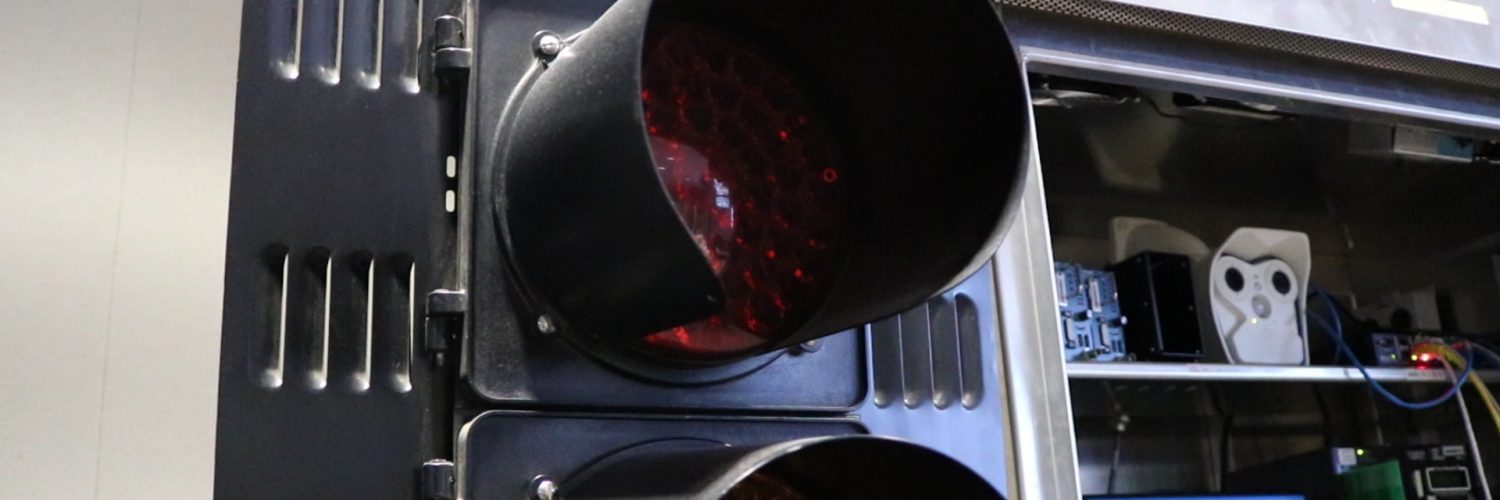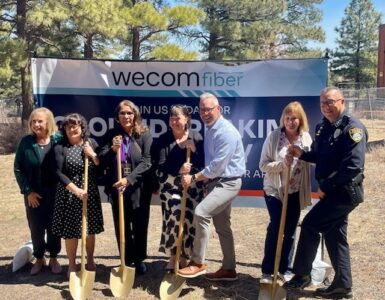As the ever-changing world of technology advances, the City of Mesa works to ensure its traffic engineering efforts provide helpful data to interested companies and contribute to the research and development of autonomous vehicles.
Tricia Boyer, ITS engineer for the city, explained that their Intelligent Transportation Systems (ITS) department is “really focused on making our streets smarter. It’s been well-established for over 20 years here. But, some of the [newest] things we’re doing is we’re starting to provide our data to third party vendors that are creating their own applications with that data.”
She explained that ITS has cameras that provide “second by second status data” of every signal in Mesa and it allows them to make necessary adjustments to signal timing and avoid traffic build-up.
The cameras are only live-streamed, so there is no recording taking place and ITS cannot play any video back.
ITS “has collected all the data that we’re collecting just on our day-to-day operation here. So far, the city has been reactive if a business wants that data to either build a third-party app or to improve their business operations. We’re giving everyone an equal-level playing field of having that data available,” Amy McConnell, Mesa Transportation PIO, said.
The Mesa ITS’ technological advancements and data tracking can benefit the development of autonomous vehicle technology by providing data that can further the research.
The autonomous vehicle researchers and developers can utilize the city’s data tracking. But, Boyer explained the city does not need to make special changes to prepare for autonomous vehicles because they are being designed to adapt to existing roads.
“Really, the autonomous approach has been the cars will drive our roads, they don’t want us to change anything. They’re going to do the work to adapt to our roads,” Boyer said. “So, there’s not really a lot the city needs to do to ‘be ready’ for autonomous vehicles, that’s pretty much all on the vehicle.”
According to Infoholic Research, the autonomous vehicle market is expected to grow at compound annual growth rate of 39.6 percent between 2017-2027, totaling more than $126 billion.
As the market grows, Arizona works to progress with it and take an innovative approach to prepare for the inevitable autonomous vehicle future.
Last October, Governor Ducey announced the development of the Institute of Automated Mobility, which will focus on research and testing scenarios with a simulation lab and testing tracks.
It brings industry leaders, Arizona universities and public officials together to collaborate on automated vehicle research and development with a focus on the science, safety and policy of transportation.
















Add comment